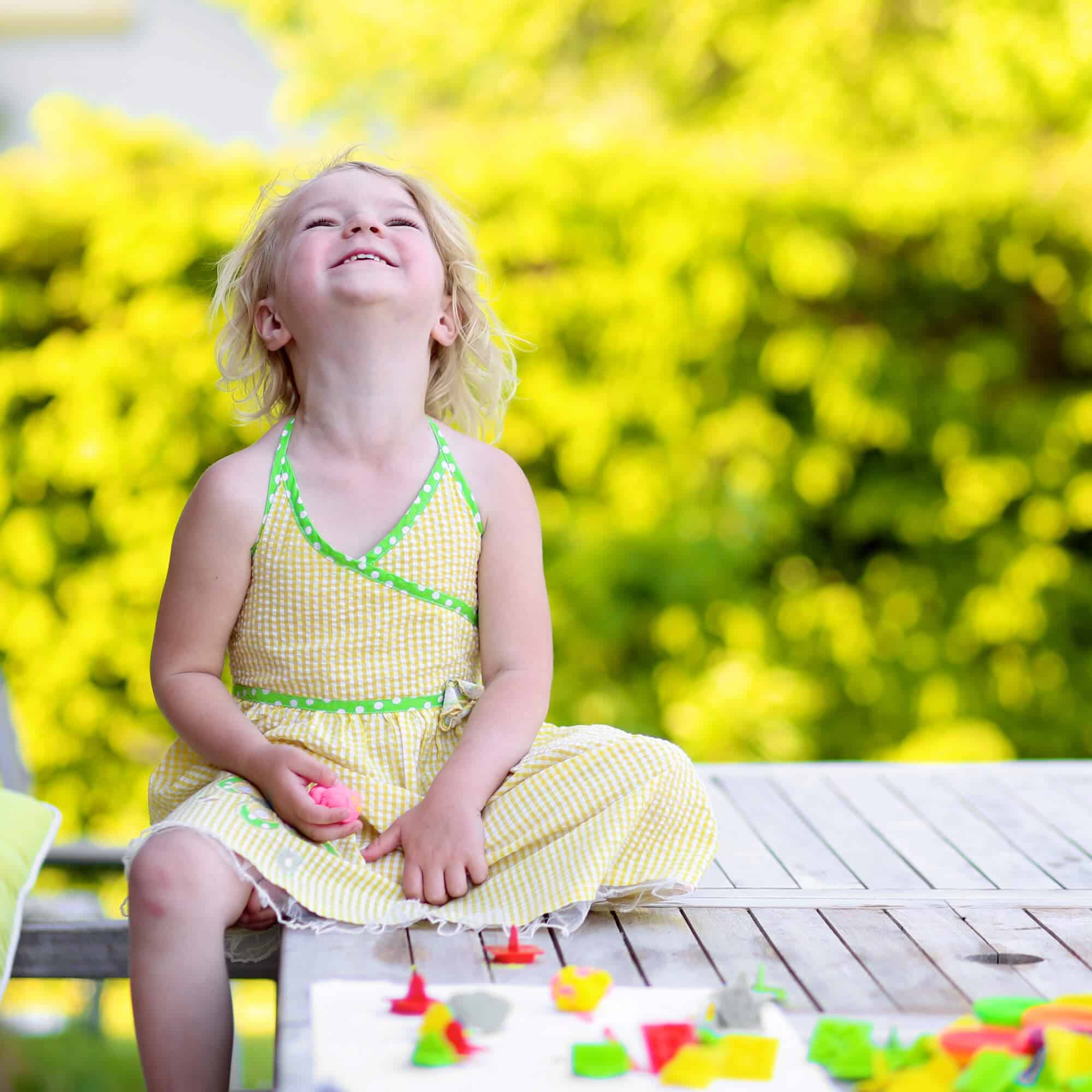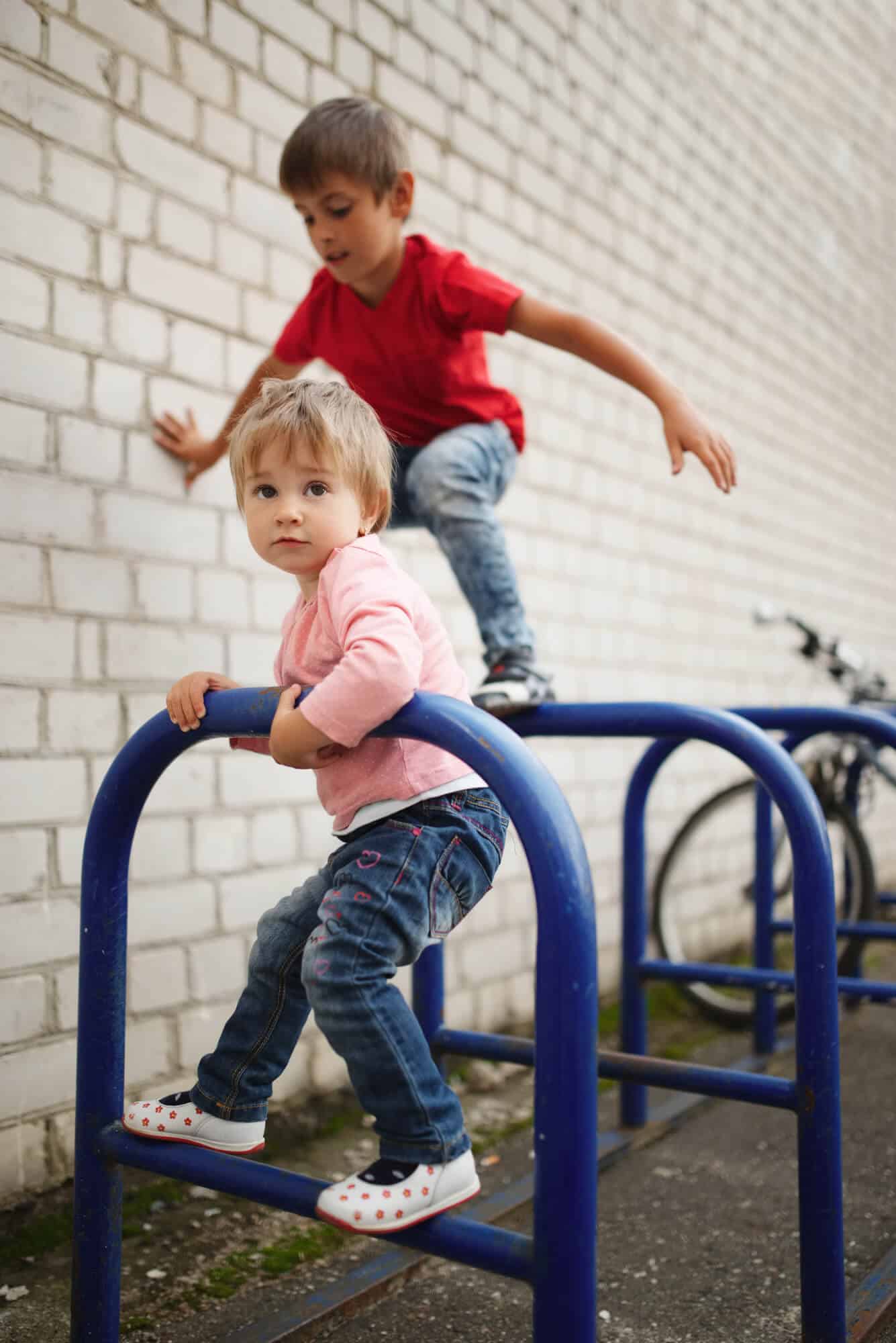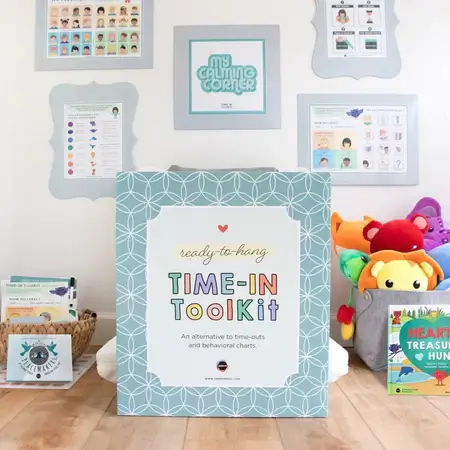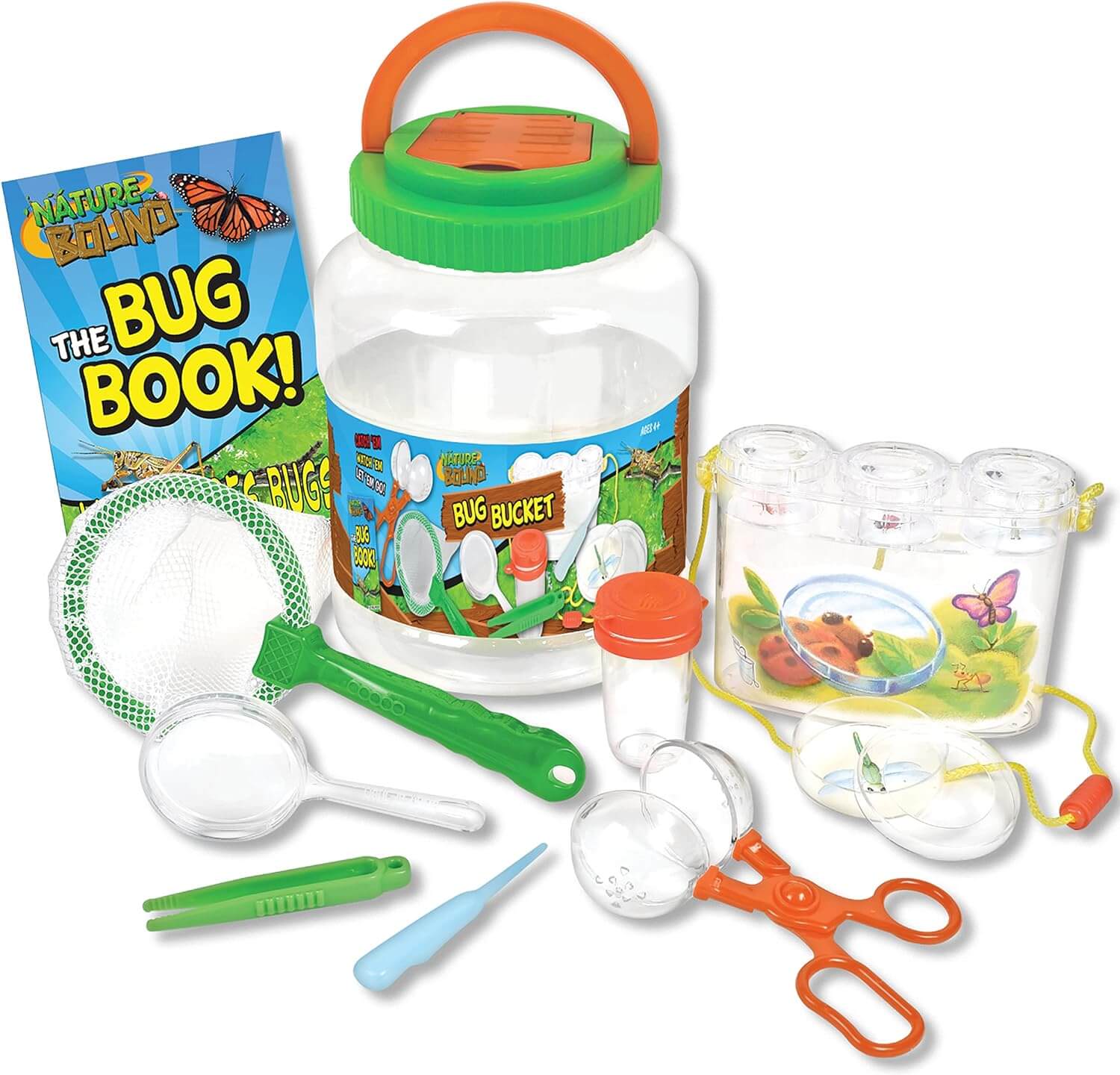Sneak peek: Parenting and child development experts can teach many lessons. However, sometimes just observing and reflecting on our own child’s behavior is the best teacher.
As parents, we like to think that parenting is all about how we influence our child’s development. In many ways, that’s true. Some of the best parenting advice available helps us see the substantial role we play in our kids’ lives. However, if we keep our hearts and minds open, we can learn many lessons about parenting and child development through careful observation. Although I have academic training in child development, my years of parenting have taught me just as many lessons about children.

Parenting and Child Development Lessons
Rearing a child, of course, means to nurture, care for and guide a child to adulthood. The idea that parenting would be an intentional task that a person does with their life has not always existed. Yes, humans have always cared for their children, but the term “parenting” as a verb has only come into common usage in the past 50 or so years.
In today’s world parenting is considered a big task that one is expected to prepare for and do purposely. In the past, however, such an idea was not even considered. 200 or more years ago, life expectancies of adults (and especially children) were much lower, and children, while loved, were also likely to be considered labor for farms. When childbirth rates started to decline with the movement away from farms, families became smaller and kids became more treasured and raised with care.
Today parenting has become more about the relationship between parents and children instead of just a reciprocal duty. This is why parents are more open to actually learning about parenting and child development and maybe even learning lessons from their own children.
Now, on to a few parenting lessons I have learned from my kids, many more than once.
Lesson 1: Conformity Isn’t Everything
Don’t worry if your child does not “fit the mold” or do what other kids do. From day one, I felt like my first son didn’t react to situations the way other babies did. Maybe I just had unrealistic expectations (being a first-time mom), but he always seemed a little different from other babies I had been around. For instance, I always saw newborns sleeping peacefully in car seats at stores or restaurants.
Would my son sleep in a car seat — not at all! Almost from birth, he had colic-like symptoms and hated the car seat. I would strap him in it to go to the store or to meet a friend and he would scream from door to door. At first, this disturbed me a lot. I would break down in tears almost every time we went for a car ride. Soon, I realized he just hated the sensations, the noise, etc. I quickly learned that understanding your child’s temperament is key! Over a few months, he did get better about riding in the car, but it wasn’t until he was a toddler and could enjoy a toy, book, or song on the radio that car rides got more enjoyable.

As a toddler, he was a ball of energy, to say the least. All toddlers have a lot of energy, but he seemed to never stop. I vividly remember being at a playgroup with other moms of toddlers. My son was about 2 years old at the time and he and the other kids were playing in a big open room at our church. First off, my son was the only one climbing on anything that was possible to climb on in the room — a stack of chairs, a table, anything.
Related reading: Research-Backed Ways to Thrive Through the Toddler Years
Secondly, he was the only child in the group that never sat down to eat. All the moms would bring the kids a sack lunch to eat while we chatted. All the other toddlers would sit in their chairs and eat sandwiches and fruit. What would my son do? Run to the table, grab some food, and run off chewing all the way. This, of course, makes me sound like a horrible parent.
Let me explain — I had tried every tactic I knew to get him to sit for more than two seconds and it simply never worked. I guess I could have physically restrained him in my lap, but that just seemed counterproductive to me. Guess what? He is now 6 years old and he can sit down and eat a meal normally (although he still likes to multi-task).

I’m not saying you should give up teaching your kids manners or how to properly sit in a chair. Of course, those lessons have to be taught, but some kids (especially toddlers) are simply too energetic to control themselves well in settings like that.
The lesson here I learned about child rearing was not to feel too bad about myself if my child didn’t “fit the mold” of what other people expected him to do. He was (and still is) very curious about his surroundings, very energetic, but also wants to learn everything he can about everything he sees. I didn’t want to squelch that curious instinct too much. Table manners and proper habits will come, but they often take a lot of practice.
Related reading: Helpful Calming Activities for Super-Active Kids
Of course, if your child is exhibiting a behavior that seems dangerous, inappropriate or a sign of a developmental delay, then you should seek out the advice of your pediatrician. Otherwise, take some time to really understand why your child is acting the way he/she is before you try to enforce conformity.
This post contains affiliate links. Purchasing through these links helps support this blog at no added cost to you.

Soft Skills Matter
Focus a lot on teaching self-regulation. While manners and self-regulation overlap in some ways, I still tend to think of them differently. Manners tend to be forms of behavior that adults impose upon kids. Self-regulation is the child’s ability to regulate and moderate his/her own emotions and behavior. If we model and teach self-regulation, then manners will eventually come. Research continues to show that self-regulation, along with a few other executive functions, is a better predictor of children’s future academic and life outcomes than IQ.
Learning self-regulation takes a lot of practice for little children. I learned pretty early on with my first son that teaching him this skill was crucial. As a toddler, he would get very upset over little things — a toy that didn’t work as he wanted it to or not getting his way.
My second son is very similar, if not even more easily frustrated. He will try to throw toys if he cannot get them to work the way he wants them to work. This is a common issue with toddlers, but as parents it is challenging. Many times our first instinct is to simply quiet our child or punish them for the outburst. I, too, have been tempted to do this. I soon learned that this does approach to child rearing does nothing to help my sons learn better self-regulation.

With my first son, we started teaching “take a deep breath” to calm down. When he got upset I would model taking a deep breath and encourage him to do the same. Believe me, this took a lot of practice! But now at age 6, he knows to try this tactic first when he gets upset. With my second son (who is currently 2.5 years), I am trying the same technique but so far it’s not working as well. So I’m trying some other ideas like counting to calm down, or taking a break from the toy and coming back to it later. Big child rearing lesson here: learning self-regulation is always a work in progress, even for adults.
Teaching self-regulation always works best in the context of a supportive, responsive relationship with your child. If your child knows he/she can trust you and trust you not to lose your temper (at least not often) then they will eventually learn to handle their emotions more effectively.
Related reading: Learning to be a More Patient Parent {using a simple process}
Simplify Parenting and Child Development
Tinker and meander….in other words, slow down. Even as a stay-at-home parent, you can get rushed. You would think that since I do not have to report to an office every day, that I would just ease through my day with my kids. As stay-at-home parents know, however, there is still work to be done–laundry, cooking meals, etc. It is easy to get focused on the routine of getting work done and not take time to just enjoy your children. When I realized I had started doing this with my sons, I started to try to slow down and allow time for us to just meander and tinker.
Related reading: Executive Function Skills: The New Research that Convinced Me to be a Soccer Mom Dropout
I find this much easier to do when the weather is nice and we can go outside a lot. Kids love to just wander around a park or pond and explore. There are always bugs to find, water to splash, holes to dig. In an age of iPads and computers, kids still really enjoy just free time to figure things out on their own.

If you have doubts about the power and education value that can come from tinkering watch this from Gerver Tully.


Leave a Reply